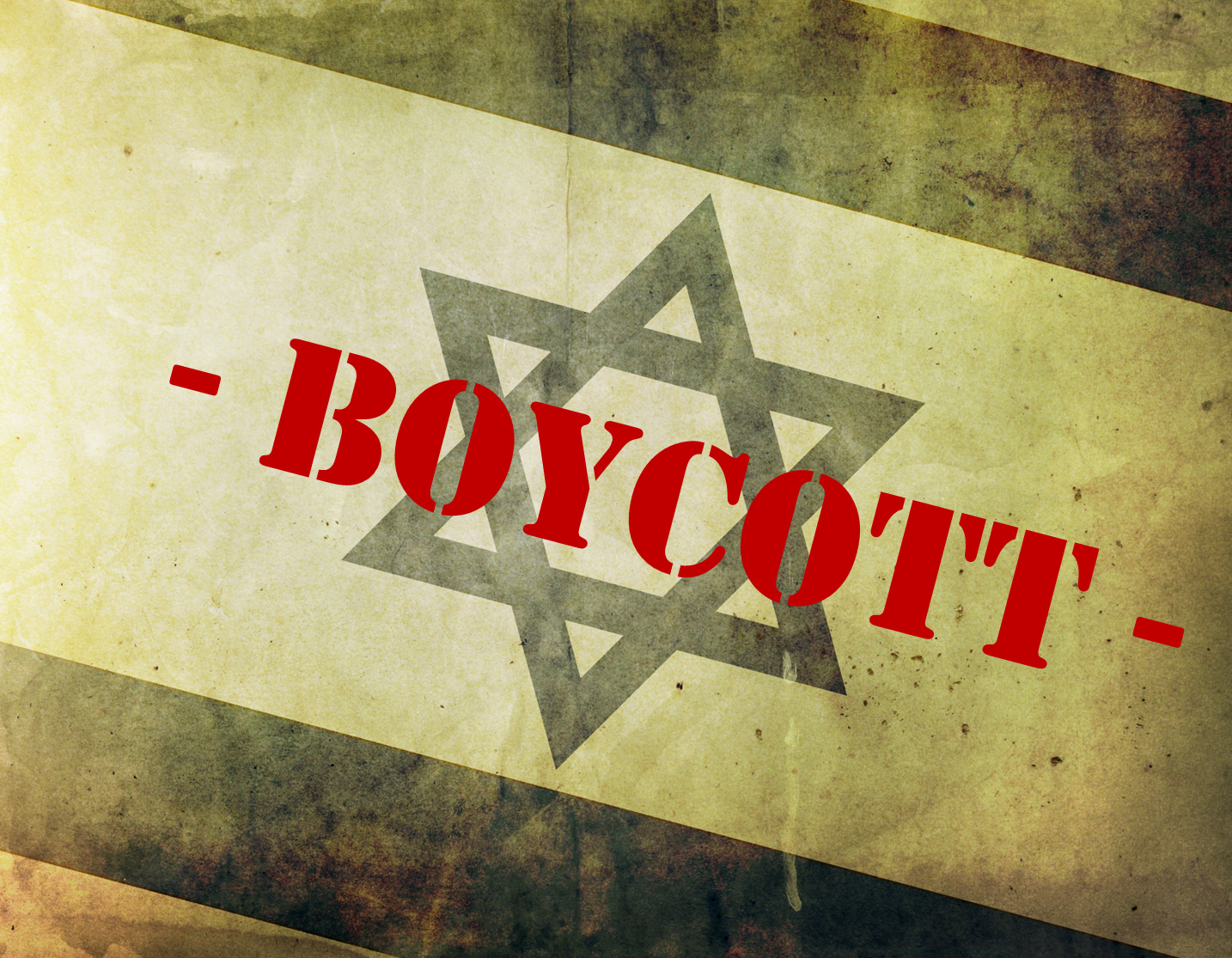In a groundbreaking move, the Muslim Judicial Council’s Halaal Trust (MJCHT) has taken a strong policy stance by refusing to certify any goods or services originating from Israel. This decision marks a significant step in the global boycott of Israeli companies and products, with the potential to have far-reaching consequences for Muslims worldwide.
Understanding MJCHT’s Role
The MJCHT serves as a certification body responsible for providing compliance certificates to companies that manufacture food and drink products, as well as to restaurants and similar establishments. Although these certificates are voluntary, in practice, they hold immense significance for the Muslim community. Muslims often base their purchasing decisions on whether a product carries certification from an authorized body like the MJCHT. Similarly, they prefer dining at restaurants with the appropriate compliance or certification.
Positive Reactions from Human Rights Organizations
The decision made by MJCHT has received support from various quarters, including the human rights organization #Africa4Palestine. This organization commended the move, noting that it followed their discussions with the council.
“The MJCHT decision, which is the first of its kind globally, should serve as an example for other compliance and certification bodies,” emphasized #Africa4Palestine, calling on similar halaal certification bodies to adopt a parallel stance.
Reaching Out to Others
#Africa4Palestine has also taken the initiative to contact other relevant bodies, not only within South Africa but also internationally. These include the South African National Halaal Authority, the National Independent Halaal Trust, and the Islamic Council of South Africa.
In a statement, #Africa4Palestine stated, “Israeli companies and products not receiving such certification going forward will isolate them from major markets across the globe with colossal financial consequences. The message is clear: no normal trade with an abnormal country. Israel is paying for its violence, its violations of international law, and the abuse of the Palestinian people.”
The Broader Implications
MJCHT’s decision not to certify Israeli goods and services holds significant implications for businesses and the global market. It reflects the growing influence of the Boycott, Divestment, Sanctions (BDS) movement, which seeks to pressure Israel to change its policies toward the Palestinian territories.
The impact on Israel’s economy, trade, and international standing remains to be seen, but it is undeniable that this move by MJCHT and the support it has garnered from #Africa4Palestine has set a precedent in the halaal certification industry.
As this story continues to develop, it raises questions about the broader dynamics between political activism, human rights, and economic implications. How will other certification bodies respond to MJCHT’s decision, and what will the long-term consequences be for Israel’s trade relationships and global perception? Only time will tell.














